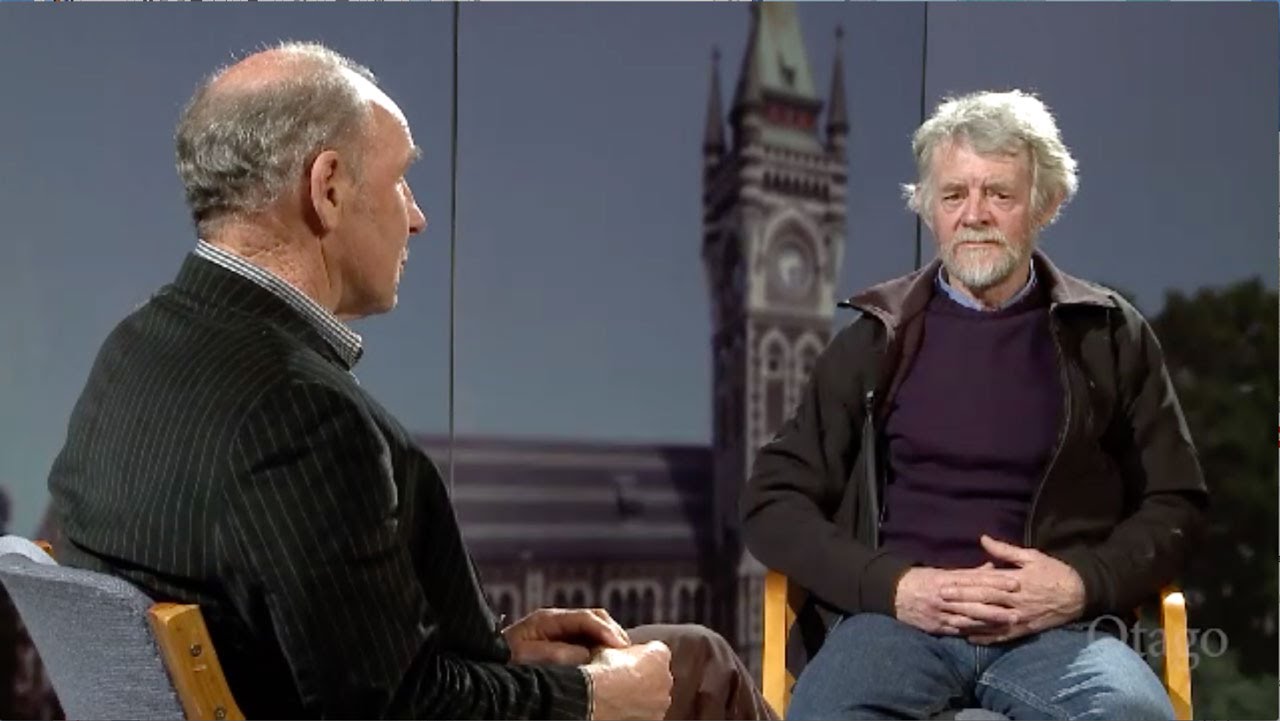The problem for those of us who work and believe in the arts is that the cost-cutting argument is backed up by irritatingly firm stats. The University of Auckland’s Key Statistics 2011–2016 show that enrolments in its humanities-focussed faculties – Arts, CAI, and Education – have all trended downward over the period covered, and noticeably. Law is down a bit. The most immediately market-friendly faculty, Business and Economics, is stable. But it’s Engineering, Medical and Health Sciences, and Science that are really on the up. Humanities faculties are not holding their own.
And the same is true at other Aotearoa universities. Flagging enrolments are the key explanation for the changes afoot at both Victoria and Otago. At the latter, for instance, enrolments in Art History have reportedly dropped by more than 75% since 2014, despite overall enrolment increases. And the problem is not solely a New Zealand one. American public intellectual Martha Nussbaum has gone as far as to declare “a crisis of massive proportions and grave global significance”.
Where did this crisis come from? For some years, STEM (science, technology, engineering, and mathematics) subjects have been touted internationally as the key to economic success, while the humanities have been dismissed or ignored. The University of Auckland’s Peter O’Connor has charged the former government with throwing its weight behind STEM subjects at the expense of the arts. The situation could, in theory, change under the current government, which is known for being pro-arts and pro-funding (having committed to offering all New Zealanders a fees-free tertiary education)…. Those of us working within the humanities have always recognised the value of our work in enriching lives and in growing (to quote Nussbaum again) “complete citizens who can think for themselves, criticise tradition, and understand the significance of another person’s sufferings and achievements”. Increasingly, business – both here and abroad – is emphasising the value of arts subjects for their ability to yield workers who can think laterally, who are adaptable (all important in an ‘ever-changing world’), and who drive innovation….
One of the roles of societal influencers like government and universities is to foster and promote what matters, and – where the humanities are concerned – both have been letting us down. At the same time, I can’t help but feel that we humanities professionals have been doing a less than adequate job ourselves. Perhaps if we were as effective at showing the wider community how and why our work is important as we are at whining amongst ourselves about mean and misguided money-men we might not have lost quite so many enrolments. (As the people behind much media and entertainment, you might think we’d be nailing self-promotion.) Although I do not wish to suggest that we ought to play by all the dodgy rules of the money-men, perhaps if we were more successful at presenting our sector as a site of critical thinking and innovation we might have seen enrolments grow.
h/t Robert Townsend









Leave A Comment